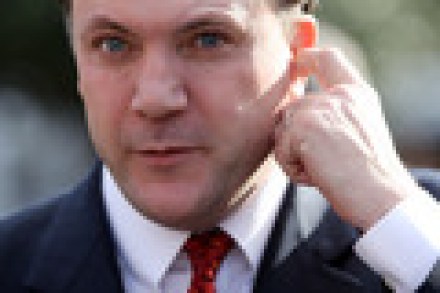How many refugees are actually coming to Europe?
A human wave of refugees is supposedly setting off for Europe from North Africa. But what are the real figures? The first thing to note that refugees from North Africa come at a time when there has been a sharp decrease in the number of asylum applicants in the 27 EU member-states. Eurostat says that in 1992 there were 670,000 applications in the EU-15 and in 2001 there were 424,500 applications in the expanded EU-27. But according to the UN, the 27 EU member-states registered only 247,300 asylum claims in 2009 and 235,900 in 2010, a 5 per cent annual decrease. Within this group, the 15 ‘old’ EU member-states saw
















